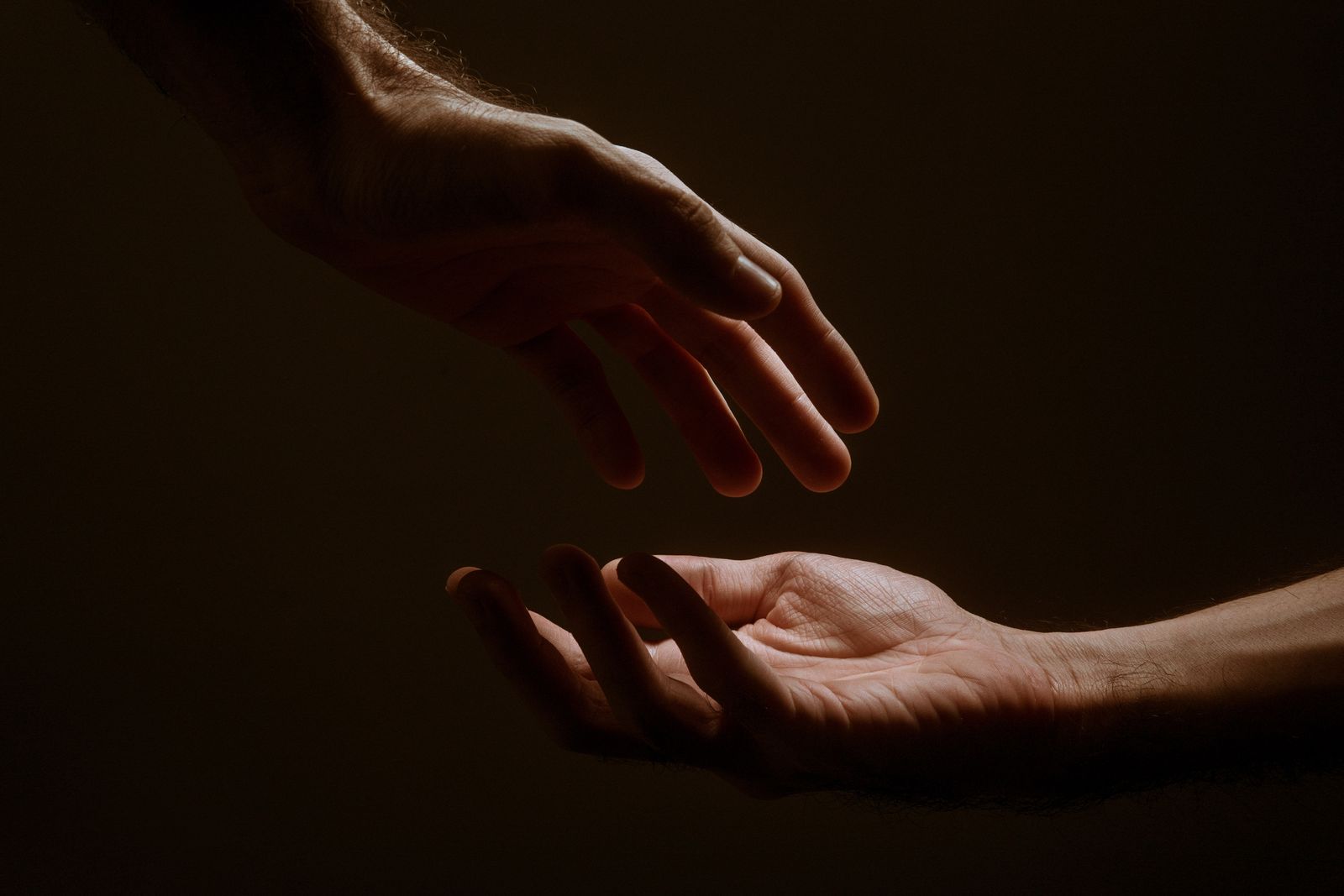

Christmas is only a few weeks away and for many it means giving away gifts and/or spending a lot of quality time with friends and family. Did you know that doing these gestures (e.g. giving presents or your time to someone) can actually make you happier? And not only in the present but in the long run.
Experimental research by Andreas Olsson, Professor of Psychology at Karolinska Institute (KI), indicates that prosocial behaviours can directly lead to higher wellbeing. In a meta-study, which examines data from a number of independent studies in the field, a small to medium-sized positive effect on well-being was found, by acting kindly towards others (Karolinska Institutet, 2022 December).
Why does assistive behavior make us feel better?
According to Olsson it might be due to the fact that these behaviors sparks activation in parts of the brain that are associated with feelings of joy, social belonging and trust. Helping others in different ways seems to improve one's own own well-being, not only in the present, but over a longer time. It's not very surprising when hearing about the long term psychological effects that it can have on us, such as: Stress reduction, increased self-confidence and a sense of belonging. Furthermore, generous behaviors are often reciprocated which can lead to a positive cycle of social events (KI, 2022 December).
Think longevity
When it comes to choosing gifts it might be tempting to give something that we think will elicit a big “wow”-reaction in the friend or family member. However, research has shown that “smile-seeking” motive often isn’t what the recipients want the most. Yes, you heard right. Oftentimes when giving gifts we try to maximize and choose the fanciest — but instead we should focus on gifts that will most likely give the recipient the most utility and long-term enjoyment (Yang & Urminsky, 2018).
Karolinska institutet. (2022, December 2). Does helping others make us happier? [Image attached] [Post]. LinkedIn. https://www.linkedin.com/school/karolinska-institutet/posts/?feedView=all
Yang. X, A., Urminsky, O. (2018). The Smile-Seeking Hypothesis: How Immediate Affective Reactions Motivate and Reward Gift Giving. 29(8). Doi: 10.1177/095679761876137